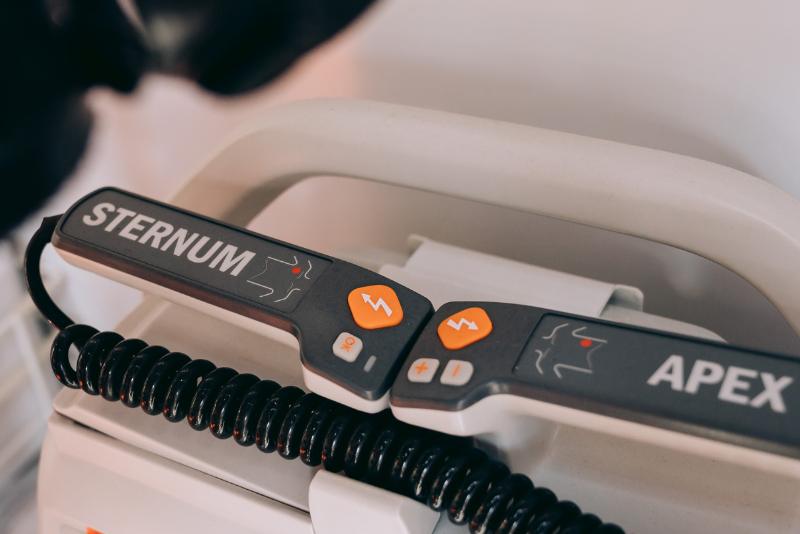The Consolidated Appropriations Act of 2021 includes the No Surprises Act (the Act), which is intended to protect patients from the financial impact of unexpected balance billing in cases where they have little or no control over who provides their care. Instead, the Act shifts responsibility for these expenses to providers and payers (insurers and self-insured health plans).
Services Covered
The Act applies to the following services:
- emergency services provided by out-of-network providers and facilities
- non-emergency services provided by out-of-network providers at in-network facilities, subject to certain limitations
- air ambulance services provided by out-of-network providers
It prohibits payers from imposing a greater cost-sharing requirement than would be imposed if the emergency or non-emergency services were provided in-network; and it prohibits providers from balance billing for these services. Separate but similar requirements will apply to air ambulance services.
The non-emergency services subject to these prohibitions include:
- services provided by an out-of-network provider when there was no alternative in-network provider at the facility
- services related to anesthesiology, pathology, radiology, and neonatology
- items and services provided by assistant surgeons, hospitalists, and intensivists
- certain diagnostic services, including radiology and laboratory services
- items and services provided by certain specialty practitioners (which will be specified through future rulemaking)
For other non-emergency services provided by an out-of-network provider at an in-network facility, the Act prohibits balance billing unless the out-of-network provider gives the patient notice and obtains written consent for treatment. The notice must include:
- statement that provider is out-of-network and consent to receive such services from the provider is optional
- good faith estimate of the amount the patient will be charged if the patient consents to the services
- list of in-network providers at the same facility who can provide the service
The patient must receive this information at least 72 hours in advance of the appointment, or on the day of the appointment if made less than 72 hours in advance.
Payment Processing and Dispute Resolution
When an out-of-network provider submits a claim for reimbursement, the payer may pay the requested rate, make an “initial payment” or issue a notice of denial within 30 calendar days of receipt of the claim.
The Act anticipates that this payment process will result in disputes between providers and payers and makes available a specific resolution process. While payers generally favored use of a benchmark payment standard, providers favored arbitration. Providers prevailed as the Act includes an independent dispute resolution (IDR) process.
First, the parties must engage in a 30-day open negotiation to attempt to agree on a final payment amount. If that fails, either party may initiate the IDR process which will be administered by an independent arbitrator. To encourage providers and payers to come to agreement without IDR and to discourage either side from making an unreasonable offer, a baseball-style arbitration procedure is used. The arbitrator must choose either the offer submitted by the provider or the offer submitted by the payer – nothing in the middle. The losing party is responsible for paying the IDR fee. In addition, the party that initiates arbitration is prohibited from taking the same party to arbitration for the same service for 90 days.
The arbitrator is not permitted to consider the provider’s usual billed charges or Medicare/Medicaid reimbursement rates, but shall consider the following factors when deciding the final payment amount:
- the median in-network rate
- the level of training or expertise of the provider or facility
- the market share held by the provider or the payer in the geographic region where the service was provided
- the acuity of the patient (resources needed to provide safe care)
- the complexity of the services provided
- the teaching status, case mix and scope of services of the out-of-network facility where the services were provided
- demonstration of good faith (or lack thereof) by the provider or payer to enter into network agreements
- prior contracted rates, if any, between the two parties during the previous four plan years
These items allow out-of-network providers to distinguish themselves from other providers, but also allow payers to demonstrate that certain market-dominant providers decline network participation in order to increase billed charges.
Coordination with State Surprise Billing Laws
Some states, including Maryland, have surprise billing laws that apply to fully insured plans. The Act defers to existing and future state laws with respect to state-established payment amounts and dispute resolution procedures. Therefore, if a state law sets a reimbursement amount or resolution process for a service covered by the Act, the state law will govern. State insurance departments are explicitly permitted to enforce the Act with respect to fully insured plans in the state.
Other Provisions
The Act imposes transparency and disclosure requirements on both payer and providers. For payers, these requirements include: advance explanation of benefits for specific service, a price comparison tool, updated provider directories and revised health plan identification cards with cost-sharing information.
For providers, these requirements include: disclosure of patient protections against balance billing, good faith estimates of expected charges and notice of network status.
Effective Date
The Act is effective for plan years beginning on or after January 1, 2022. Presumably between now and then, certain key terms and processes will be further defined through guidance issued by the agencies responsible for enforcing it. In the meantime, health insurers and third party administrators will likely be providing additional information on how they will implement the Act.




